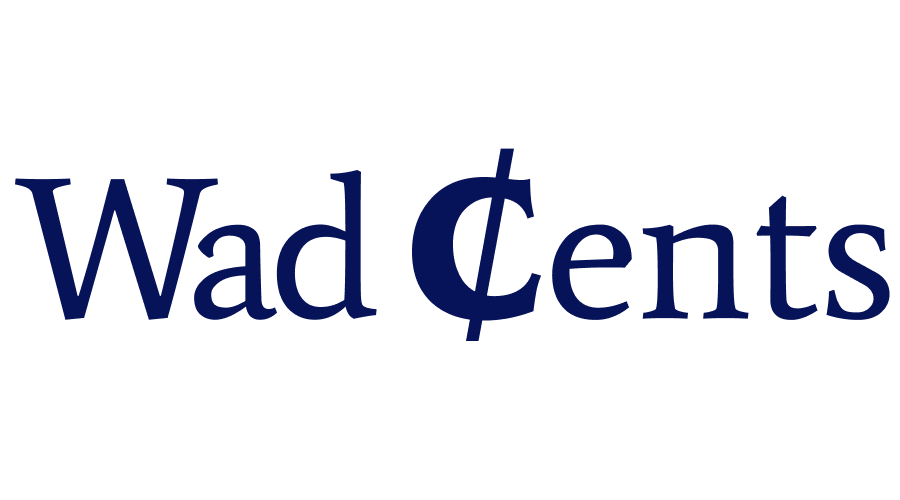If you have a financial emergency, one of the options you will have is a 401(k) loan. This type of loan allows you to borrow against your retirement savings, and pay back the money over time.
Most 401(k) plans allow participants to borrow up to 50% of their vested balance, up to a maximum of $50,000, whichever is less. You will be required to pay back the money over 5 years, or longer if you borrowed to buy your primary residence.
While a 401(k) loan offers better terms than traditional loans such as a personal loan, it has various limitations. Some common reasons why 401(k) loans are bad include loss of retirement savings, lost investment gains, risk of default, risk of job loss, and double taxation.
Why 401k Loans Are Bad
Borrowing from your 401(k) may sometimes make sense, but there are several reasons why 401(k) loans are bad. Some of these reasons include:
1. Loss of retirement savings
When you take a loan from your 401(k) account, you reduce the amount of savings available to benefit from tax-deferred growth. This means you will have less money available to grow through compounding, and it will potentially affect your retirement goals. For example, if you borrow $50,000 of your $100,000 401(k) balance over 5 years, you will potentially miss out on a lot of opportunities to grow your money.
2. Opportunity cost/Lost investment growth
The money you borrow from your 401(k) account loses out on potential investment gains. You will have less money growing, plus you will lose on the potential gains in the market that could have accrued over time. Also, you will be slowing down the growth of your principal during the term of the loan.
3. Double taxation
While 401(k) loans are tax-free, you should be aware of double taxation when making 401(k) loan repayments. When you borrow from your 401(k) account, the amount you borrow is contributed on a pre-tax basis. However, the loan payments you make will be paid with after-tax money.
For example, in the 24% tax bracket, every $1 you earn to repay the 401(k) loan leaves you with only $0.76 for loan payment; the $0.24 goes to income taxes. Additionally, the taxed income that is deposited into your 401(k) will then be subject to income taxes and potential penalties when you take a distribution, resulting in double taxation.
4. You may miss out on pre-tax contributions and employer-matching contributions
Some 401(k) plans have a provision that prohibits participants from making additional contributions until the 401(k) loan is fully paid. This means you will miss out on the benefit of regular plan contributions while repaying the loan.
Plus, your employer will freeze 401(k) matching contributions until when you resume making contributions to the plan. The freeze will deny your account of money that could potentially multiply many times in the long term.
5. Risk of job loss
If you quit or get fired from your job, you will be required to repay any outstanding 401(k) loan within a shorter period than the expected loan repayment period. This can create a financial strain, especially if you are not prepared to handle a big payment.
Before 2018, 401(k) borrowers who left their jobs were required to repay the loan within 60 days after leaving the job, but this period was increased to the due date of your federal tax return.
So, if you took a 401(k) loan with a loan repayment period of 5 years, and you quit with 3 more years to go, it means you will be required to come up with the outstanding 401(k) loan sooner. If you can’t repay the money by the due date of your federal tax return, the unpaid 401(k) loan will be considered a withdrawal, and you will be required to pay income taxes on the amount and a 10% early withdrawal penalty if you are below 59 ½.
6. Risk of default
Life is often unpredictable, and an unexpected financial emergency can make it difficult to repay the 401(k) loan. For example, if you become ill and unable to work, get fired from your job, or your home gets destroyed in a storm, these financial challenges may make it difficult to afford the monthly payments.
If you default on the 401(k) loan, there will be huge tax implications, including income taxes and penalties, and a setback on your retirement savings journey.
7. Limited repayment period
When you take a 401(k), you will be required to repay the loan within a shorter timeframe, usually five years for a general-purpose 401(k) loan. You will have bigger monthly repayments than if you borrowed from another source such as a personal loan, which allows longer repayment periods and smaller monthly payments.
The only exception is if you are borrowing to buy your primary residence, in which case the repayment period can go up to 15 years.
8. There are limits on how much you can borrow
While you may desire to borrow as much as you need to satisfy your financial needs, there are limits on the amount you can borrow. You can borrow up to 50% of your vested account balance or a maximum of $50,000, whichever is less. If you need to borrow more than the allowed limit, you may need to seek additional funds elsewhere, including your savings or other types of loans.
9. You lose a financial cushion
A 401(k) plan is designed to help workers save for their golden years so that they will have a financial cushion when they retire. If you tap into your 401(k) now, while you have other alternative options, your 401(k) retirement money may be depleted, and you may not have enough money to meet your needs when you retire. You may be forced to depend on government assistance or go back to work when your health is failing.
Can you pay off a 401(k) loan early?
Yes, you can pay off a 401(k) loan early, way ahead of the loan repayment period. Most 401(k) plans allow borrowers to make bigger loan repayments so that they can pay off the outstanding 401(k) balance before the scheduled repayment period ends.
Paying off the 401(k) loan early allows participants to reduce the risk of default, which can have tax implications such as income taxes and penalties. Also, you save on future interest payments, since you will reduce the period when interest accrues on the outstanding 401(k) balance.
Will your employer know if you take out a 401(k) loan?
Yes, your employer will know if you take a 401(k) loan from your plan. Generally, when you request a 401(k) loan, you will be required to fill up some forms, which are provided by your employer through the HR or the plan administrator. These forms require approval from your employer before the loan is processed and approved.
Also, 401(k) loan payments are made through payroll deductions, and your employer will be aware of the loan payment schedule based on the deductions from your paycheck. While your immediate supervisor may not be aware of your 401(k) loan, executives in the top management as well as the HR and account managers may be aware of all the 401(k) loans and loan repayment schedules.
Conclusion
In conclusion, taking out a 401(k) loan can lead to a reduction in retirement savings, missed investment opportunities, potential default risks, job loss implications, and additional fees, making it a less-than-ideal financial decision. However, if you have exhausted all other options, you can tap into your 401(k) to meet your financial needs and be sure to make timely payments to avoid triggering income taxes and penalties.


